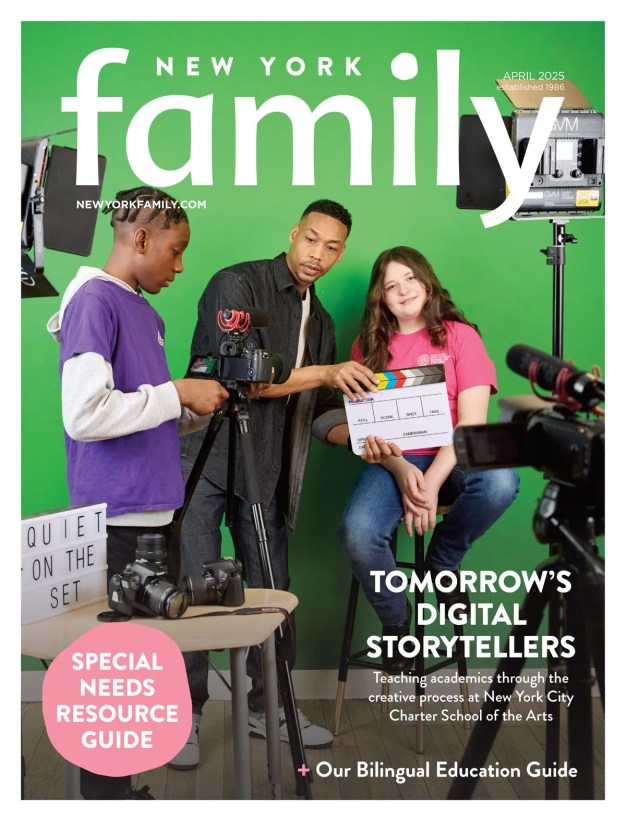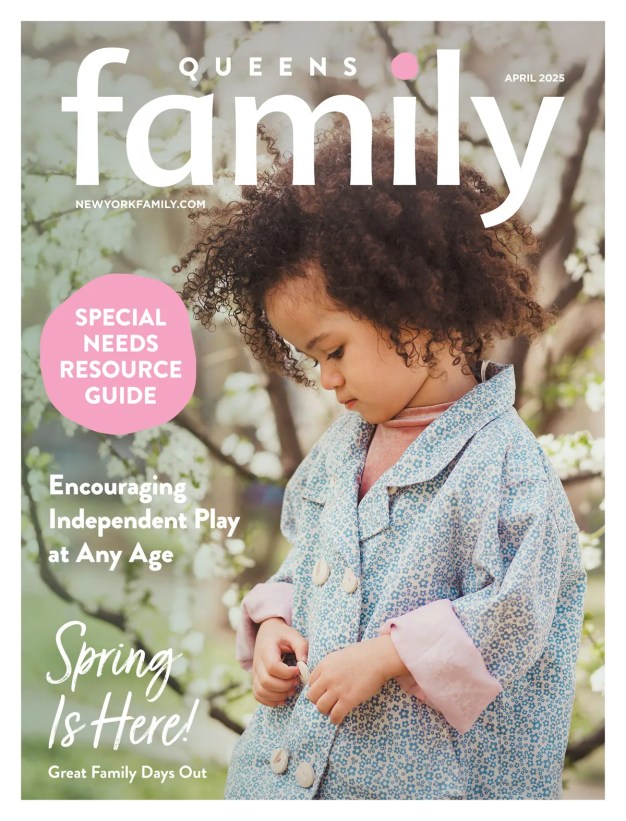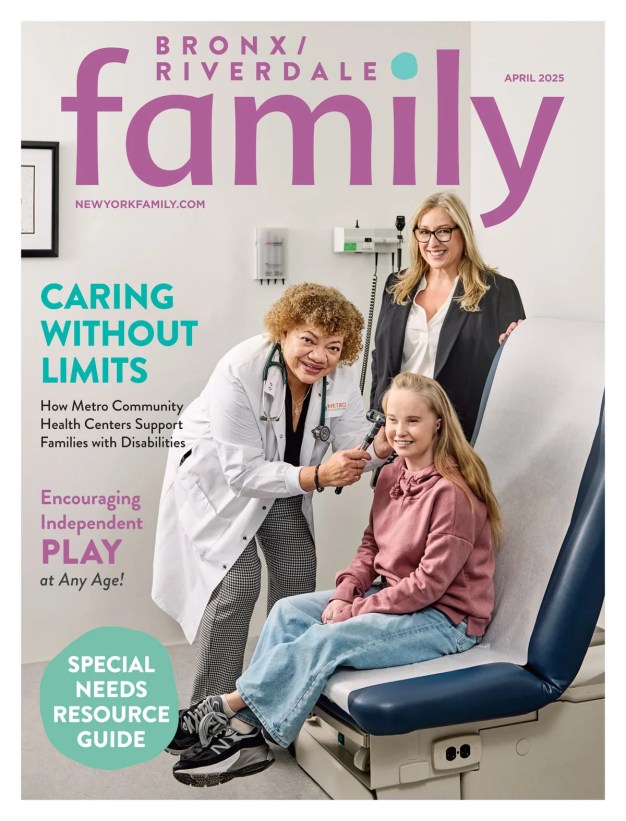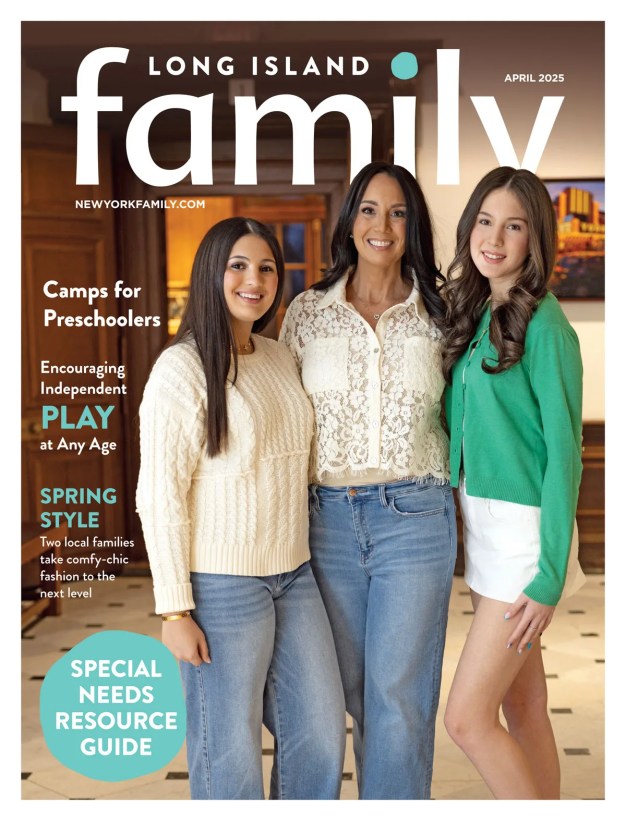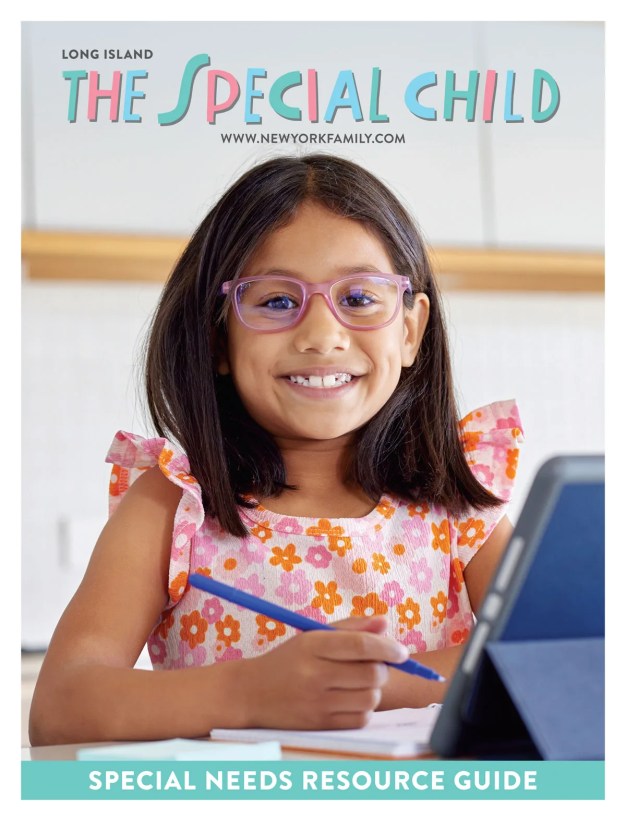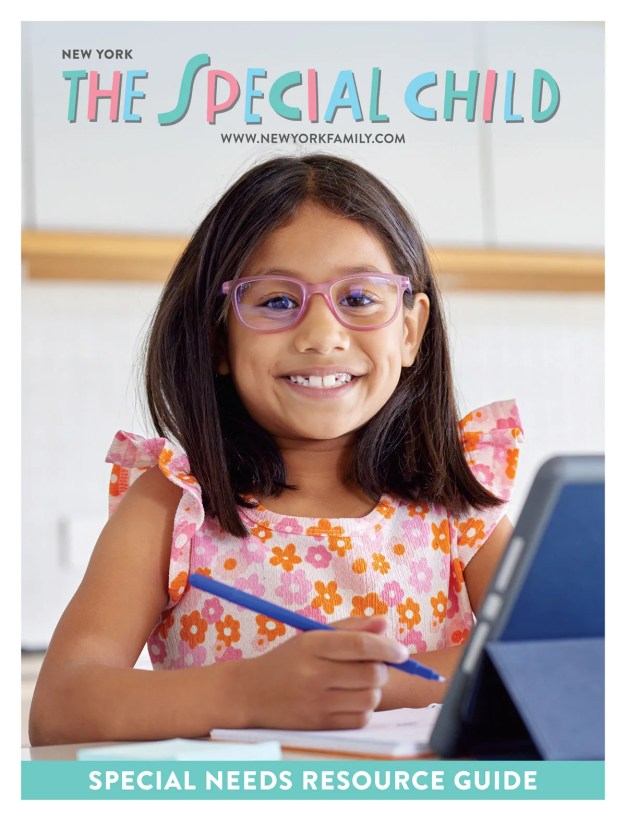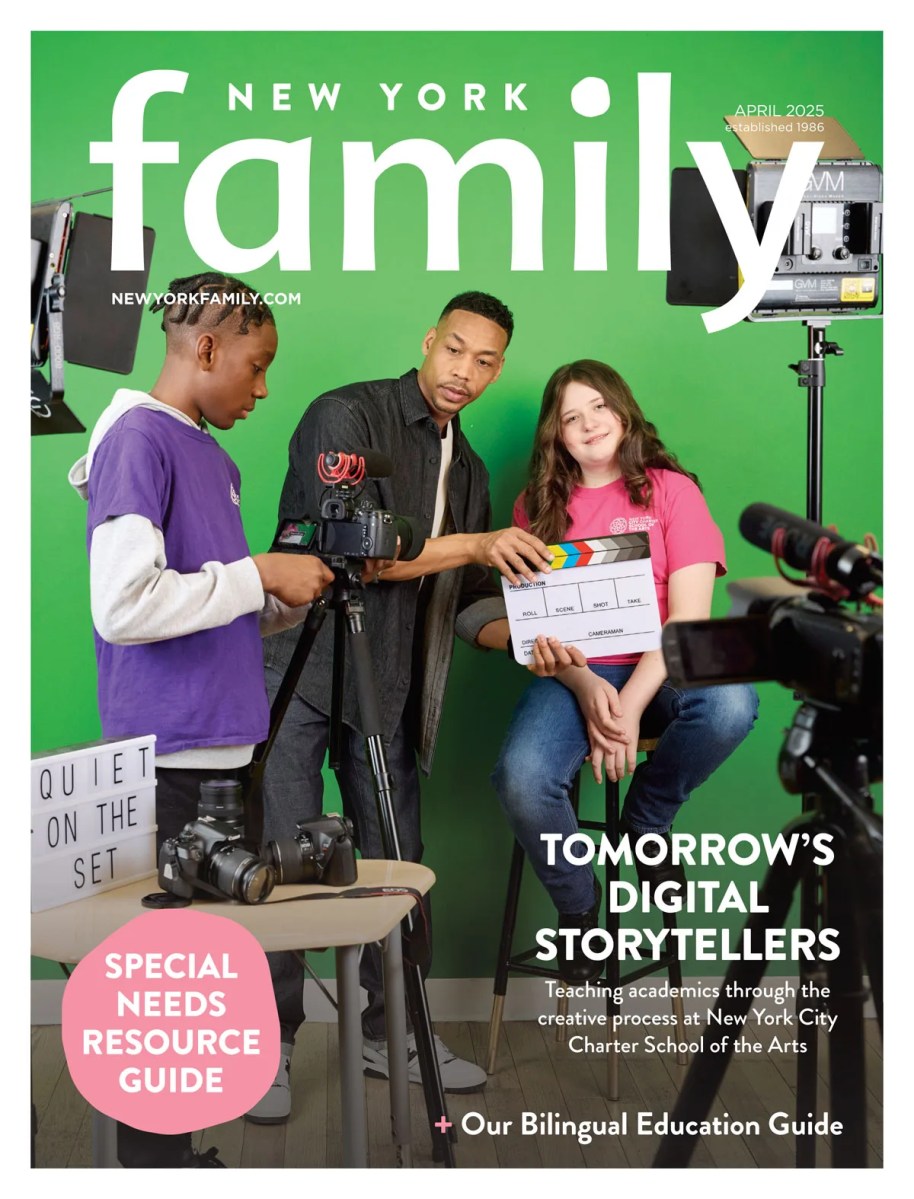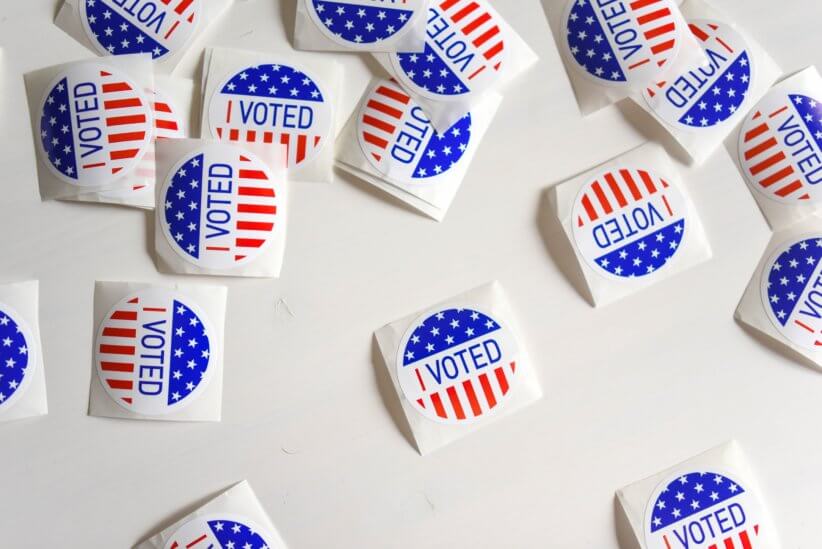
How to Get Your Child Engaged This Election Season
Summer is winding down, and this year that means election season is in full swing. Between a global pandemic, nationwide protests and the imminent threat of climate change more apparent than ever, there is a lot at stake in the upcoming elections this November, and kids will be impacted more than anyone. While they may be too young to vote, it is never too early to get your kids excited about electoral politics. It may seem like an extraordinary feat to pull your kids away from Peppa Pig to talk about politics, but here are eight doable ways to get your kids engaged this election season:
1. Make Voting Fun
Whether or not you’re opting for an in-person vote this year or a mail-in ballot, show your kids that voting can be fun. Let them wear your “I Voted” sticker, grab some ice cream on the way back from the polls, show them how to fill in the bubble on the ballot all the way, or introduce them to voting machines. If you make voting a positive adventure, it will get your kids excited about doing it themselves someday in the future.
2.Get Your Hands on These Politically Engaging Kids Books (Yes, its a thing)
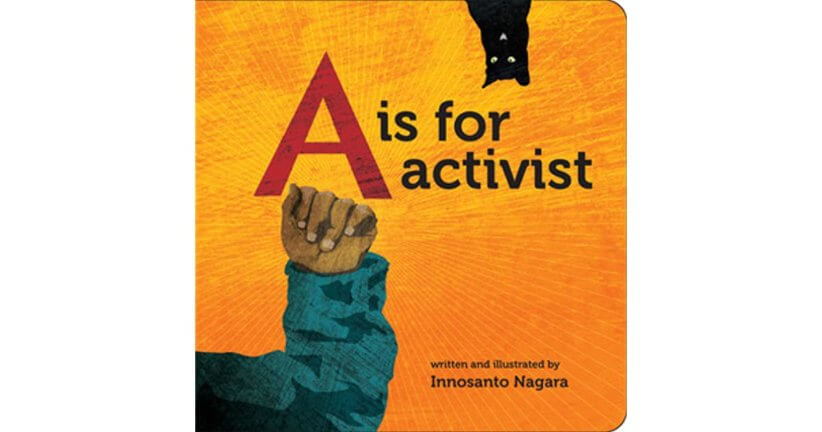
A is for Activist: This book for toddlers follows the format of a classic alphabet book but with a twist, instead of A for Apple and B for Banana, toddlers learn about concepts like peaceful protesting and community engagement
Vote!: This book uses a town’s mayoral election to outline the voting process for kids. The book tells a fun story and paints a vivid picture of the power of voting.
The Constitution for Babies: This book for young kids tells the story of how the United States came to be, it outlines the origin of the constitution and introduces the idea of checks and balances. It will get your kids excited about exercising their constitutional rights.
Citizen Baby Series
Includes: My Congress, My President, My Supreme Court: The Citizen Baby series dedicates each book to explaining the inner workings of our government. Full of fun adventures in Washington, this series is action packed and super informative for adults and kids alike.
Who is Ruth Bader Ginsburg?: This book serves as a fun intro to RBG, one of the most influential women in our government. During her tenor on the supreme court, she has handed down landmark decisions like United States v. Virginia in 1996, which solidified gender equality as a constitutional right.
3. Take Your Kids to (Safe) Protests

There is nothing more patriotic than exercising the constitutional right to protest, all the most exciting and necessary advances in American history have started with a protest. Taking your child to a safe protest to show them what civic engagement looks like is a great way to get them excited about using their voice! Leading up to the event you can make colorful signs together and explain to them why protests happen. Oftentimes, demonstrations will feature local activists and speakers, so it is a great place for you and your child to learn.
4. Talk to Your Kids About Government

Nothing empowers a young voter like understanding the way our government works. This means explaining to your child how the legislative and judicial branches of our federal government work as well as the executive branch. Get them excited about major elections but also local elections. Local officials have more power than most people realize, and if your child knows how important a school board election is, they will be more likely to turn out and vote in the future when they are old enough.
5. Seek Out Kid-Friendly News
While you may have the impulse to shelter your children from the chaos that is the news these days, providing them with their own age-appropriate resources for keeping up with the world is important. Kid-friendly news sites give kids a chance to stay engaged with the world. It also teaches them that the news doesn’t have to be boring! There are tons of news sites for kids with loads of information about events that impact kids. More than ever the news is seeping into our children’s lives and providing them with a safe and simple news source will help them make sense of the world. Common Sense Media has a list of news sources for kids that includes what age range each outlet is appropriate for.
6. Volunteer for a Campaign (and bring your kids along!)
Local, state and national campaigns are always taking volunteers, whether you want to make phone calls, send texts, or canvas (safely!), this is a great way to get involved with a campaign. You can help your child be more than just a spectator by letting them dial the phone number when making calls, or greeting people who answer the door while canvassing. Again, making this a fun event by bringing snacks, or inviting friends to join in. Giving your child the chance to get involved in an election will get them excited about seeing a candidate they love in power and teach them more about how elections work on a practical level.
7. Ask Teachers to Make Time for Politics in the Classroom
Teachers are busier than ever this year adapting to all sorts of new learning practices, but it is a crucial time to engage with your child’s teacher about politics. No matter how young your child is, ask their teacher if they could dedicate some time to talking about politics in the classroom, offer to help! Maybe you have a friend who has worked on campaigns and would be willing to speak to your child’s class, get in touch with them. Talking about politics in the classroom as well as at home will help your child understand that politics are as important of a part of life as any other subject they learn in school.
8. Make Space for Your Kids’ Opinions

It can be tough not to project your own opinions about candidates, policies and elections on to your children, and to some extent, they will absorb your perspective. However, especially as they get older try to create a safe space where their political opinions are respected too. If your teenager disagrees with you about a policy, ask them why, you both might learn something new. Encourage critical thinking and open discussion around politics. It doesn’t have to be a volatile topic, and if your kids associate politics with productive and engaging discussions, they are more likely to want to stay involved as they get older.
